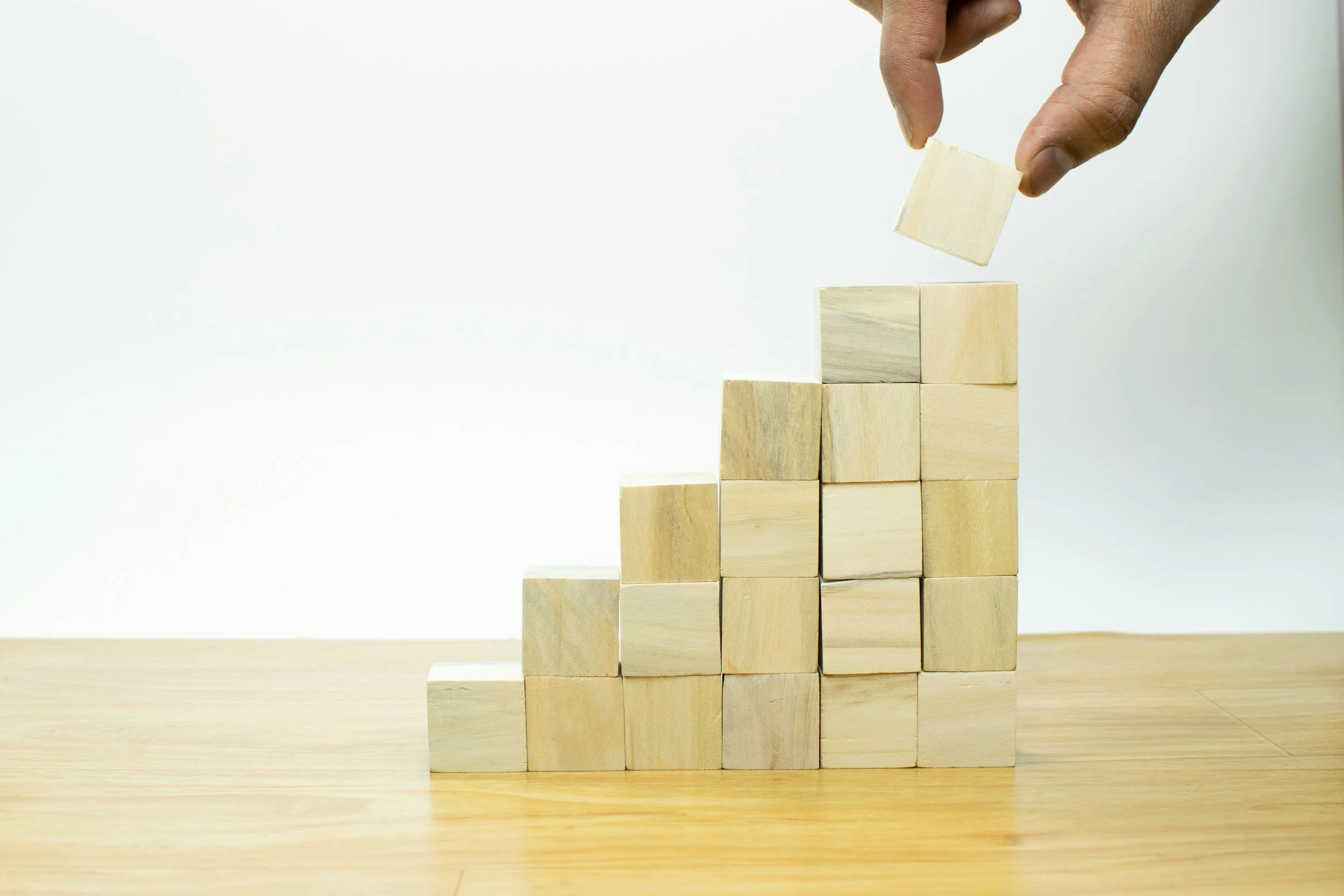How a Growth Mindset Helps Teams Get Change-Ready
Let’s play a quick game of spot the difference:
“I’m just not good at this.”
“I’m just not good at this yet.”
Pretty minor, right?
Turns out that little yet makes all the difference.
Why “Yet” Matters
Psychologist Carol Dweck coined the term growth mindset to describe the belief that our abilities can be developed through effort and learning.
Her research showed that people with a fixed mindset—those who believe ability is innate—tend to protect themselves from failure. They play it safe. They avoid challenges.
In Dweck’s studies, students with a fixed mindset would:
Avoid difficult tasks
Cheat to appear smart
Compare themselves with people doing worse
And when they received feedback? Their brains went quiet.
No curiosity.
No engagement.
No learning.
Meanwhile, students with a growth mindset reacted very differently.
Their brains lit up when they made mistakes.
They saw failure as data, not danger.
The Same Pattern at Work
We’ve all seen both versions inside organisations.
Some teams hide from mistakes and focus on protecting reputations. Others stay curious and treat problems as experiments.
The difference isn’t talent. It’s mindset.
Teams with a growth mindset see change as an opportunity to learn, not a threat to their competence. That belief makes them far more adaptable—and far more change-ready.
How to Build Growth Mindset in Teams
Shifting from fixed to growth mindset takes practice, not posters.
Here are a few ways to start:
Normalise learning. Celebrate effort, curiosity, and progress—not just results.
Model it as a leader. Share your own mistakes and what you learned.
Use “yet.” When someone says “I can’t do this,” add “yet.” Simple, powerful, sticky.
Reflect weekly. Ask “What did we learn?” after each sprint, project, or meeting.
Reward experimentation. Recognise those who test ideas, even when the outcome isn’t perfect.
Small shifts in language and behaviour can reshape how people respond to challenges. Over time, they build teams that stay curious under pressure—exactly what’s needed for real change.
From Mindset to Change Readiness
A growth mindset doesn’t just help individuals grow; it strengthens entire organisations.
When teams believe they can learn and adapt, they stop waiting for certainty and start creating it. That’s what it means to be change-ready.
So, which culture are you building—the one that hides from mistakes, or the one that learns from them?
Ready to Build a Growth Mindset in Your Organisation?
At The Brick Coach, we help organisations get change-ready.
If you’re ready to boost your team’s resilience and learning culture, get in touch.

